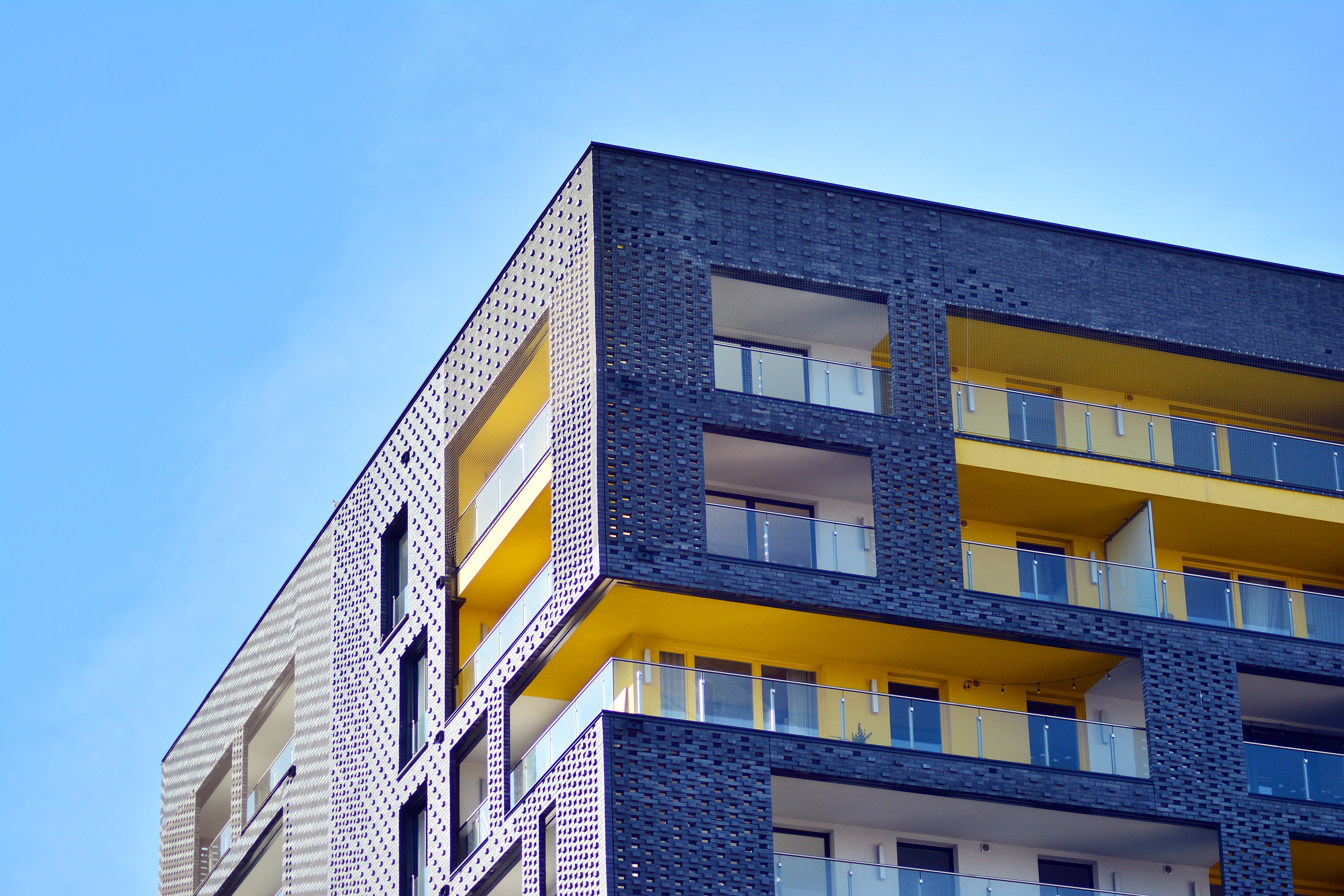Principles of sustainable restoration:
Eco-friendly approach
A working subgroup on sustainable building design, led by the NGO ReThink, is trying to define what precisely green construction and urban redevelopment entail, focusing on adapting key international standards and certification systems to the Ukrainian context. The goal is to create a basic sustainability guide to circular economy principles, ecological design, sustainable urbanism, and green materials and energy solutions.
In addition, we aim to offer free, relevant guidelines to improve the quality of life of communities and access to funds for project initiators.
The adapted guidelines are scheduled to be integrated into the DREAM ecosystem in May 2024, after being integrated into the New European Bauhaus (NEB) program in April 2024.
Energy efficiency
Improving energy efficiency is strategically important not only for low-carbon development and more reliable energy supply but also for increasing Ukraine's energy resilience and independence.
Currently, all restoration and new construction projects must comply with the current Building Codes in Ukraine, including energy efficiency. Ukraine is already adopting the European practice of constructing buildings that consume minimal energy and aims to decarbonize the national building stock by 2050 fully. By 2025, Ukraine will have amended its policies and Building Codes to accelerate the transition to the latest European standard - Nearly zero-energy buildings (NZEB) and at least partial use of renewable energy sources.
Inclusiveness
In addition to environmental sustainability, Ukraine's restoration efforts must align with social sustainability principles. This is important not only in terms of economic inclusion but also in terms of the social reintegration of wounded veterans and people with disabilities. In addition, the inclusiveness component of the New European Bauhaus should also be integrated into DREAM at the stage of project screening and pre-selection.
